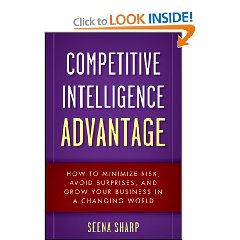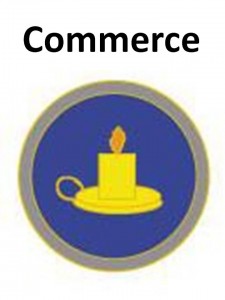
Gene Sharp
5.0 out of 5 stars Foundation Work Not Yet Appreciated,August 28, 2012
In 1992 I was the second-ranking civilian in Marine Corps intelligence, and with the support of the Marine Corps, sought to get National Intelligence Topics moved from denied areas that were few in number and declining in importance, toward “low-intensity” threats and conditions in the Third World. The Marine Corps also tried to shift the US intelligence collection system from “priority driven” (collect over and over on the same limited set of targets) to “gap driven” (do a first pass on everything, then start over focusing on gaps). I've been thinking for a very long time about the deficiencies in US diplomatic, information, military, and economic (DIME) predispositions, bias, capabilities, and Achilles heels. I had more or less given up on the US Government specifically ever coming to its senses, when a bolt of lighting came out of the blue — Admiral James Stavrides, Supreme Commander for NATO, gave a TED talk about “open source security.” That is code for a complex range of things called Operations Other Than War (OOTW), Stabilization & Reconstruction (S&R), Public Diplomacy, and International Assistance, among other things. The US stinks at all of them, in part because we do not have a Whole of Government strategy, operations, intelligence, and logistics approach to anything — stovepipes, each badly managed and crossing wires, seem to be the standard. The “M” in the Office of Management and Budget is not just silent, it is non-existent.
While I have read many other books relevant to the ideal of creating a prosperous world at peace, a world that works for all, this book was recommended to me as a starting point for avanced thinking in non-violent peace and prosperity operations, as I like to think of them, along with the author's previous work, The politics of nonviolent action (Extending horizons books).
This is a practical book with very specific case studies and very specific itemizations (198 of them) that may replicate some of the author's earlier work, but easily make this one book a stand-alone reference work for advanced studies by diplomats, warriors, and policy wonks long isolated from the real world. This book is not a replacement for Howard Zinn's A Power Governments Cannot Suppress or Jonathan Schell's The Unconquerable World: Power, Nonviolence, and the Will of the People. The three go well together.
For the grand strategic view I would suggest Philip Allott's The Health of Nations: Society and Law beyond the State; at the operational level, Mark Palmer's Breaking the Real Axis of Evil: How to Oust the World's Last Dictators by 2025, and at the tactical level, Out of Poverty: What Works When Traditional Approaches Fail (BK Currents (Paperback)).
This is a multi-purpose volume. One can skip the case studies and ingest the beginning and the end, which is what I did, or one can use the volume as a distributed reading and research exercise–if I were using it each case study would be the foundation for a student paper on what never happened — the obliviousness of the UN, NATO, the US, etcetera, to the non-violent intervention points and the importance of NOT persisting with support to dictators and foreign military sales. As an aside, the dirty little secret of the CIA is that they are never serious about deposing evil, they just like to toy with dissidents on the margins — the best documentary on this long-standing fact is Charlie Wilson's War: The Extraordinary Story of How the Wildest Man in Congress and a Rogue CIA Agent Changed the History of Our Times.
I value the book for the brevity of its main point: non-violent power is real and practical and has many manifestations (most of them not really known to me in a coherent scheme before reading this book). State power is context dependent, and much — *much* — more subject to public will than most realize.




